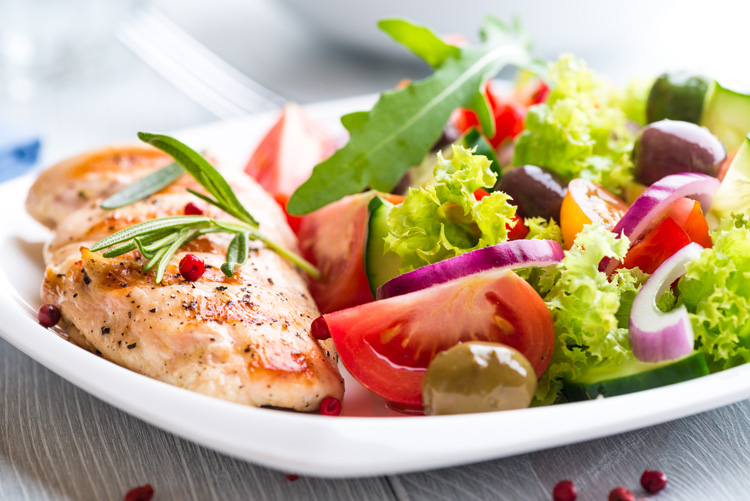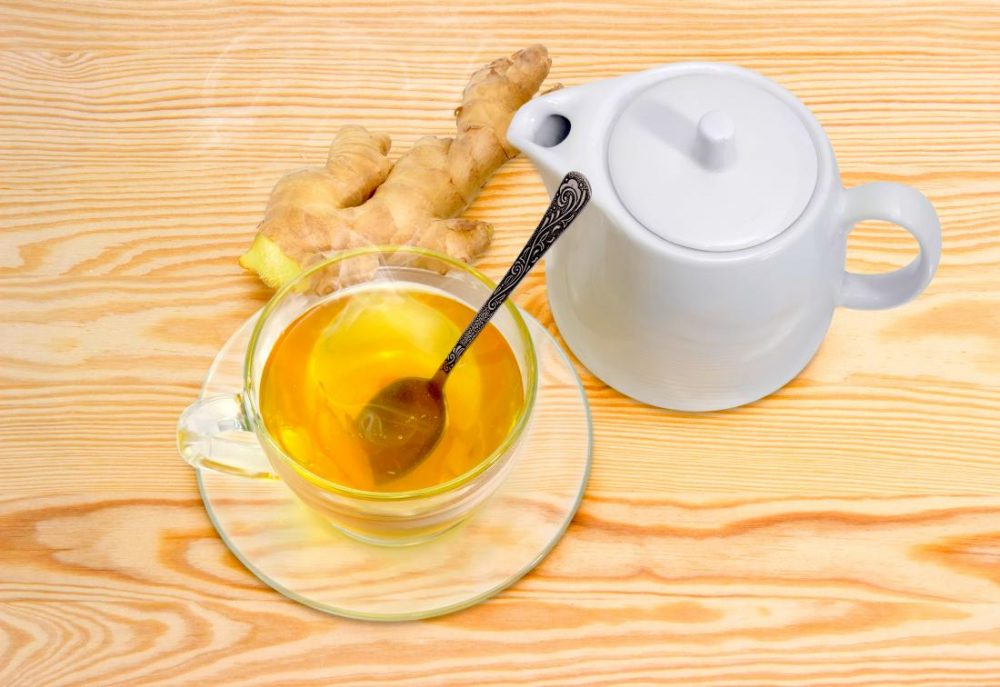The term “GAPS” stands for “gut and psychology syndrome.” Where gut refers to a group of organs that includes the mouth, esophagus, stomach, pancreas, liver, gallbladder, small intestine, colon, and rectum. The diet follows the notion that gut health is linked with overall physical and mental health.

Maintaining optimum gut health contributes to a strong immune system, heart health, brain health, improved mood, healthy sleep, and effective digestion, and it may also help prevent some cancers and autoimmune diseases.
The GAPS diet food list
People can eat the following foods on the GAPS diet:

- bone broth
- meats, preferably hormone-free or grass-fed
- fish
- shellfish
- animal fats
- eggs
- fresh fruits and non-starchy vegetables
- fermented foods and beverages
- hard, natural cheeses
- kefir
- coconuts, coconut milk, and coconut oil
- nuts
- dry wine
- white navy beans
Foods to avoid on the GAPS diet:

- sugar and artificial sweeteners
- syrups
- alcohol, but adults can have a glass of dry wine occasionally
- processed and packaged foods
- grains such as rice, corn, wheat, and oats
- starchy vegetables, such as potatoes and yams
- milk
- beans, except white and greens beans
- coffee
- strong tea
- soy
Disclaimer
The Content is not intended to be a substitute for professional medical advice, diagnosis, or treatment. Always seek the advice of your physician or other qualified health provider with any questions you may have regarding a medical condition.